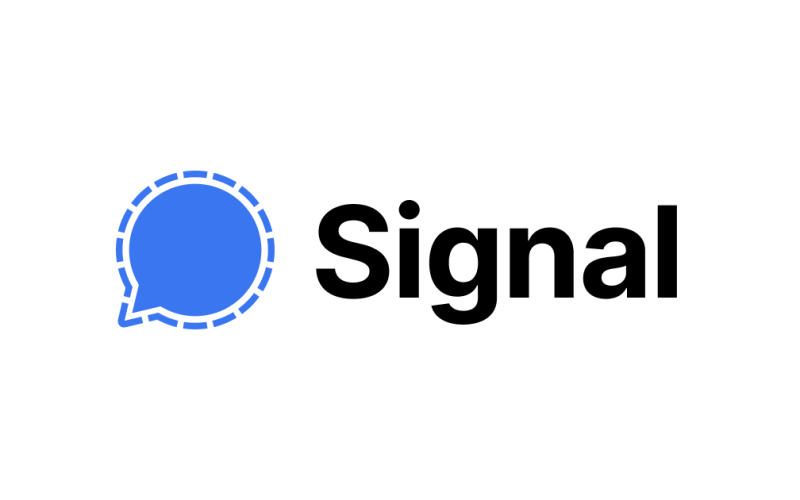Starting a freelance business can be an exciting and fulfilling venture, but it’s important to understand the various costs associated with running a business. As a freelancer, you are responsible for covering all of your business expenses, from taxes to marketing and advertising. In this article, we will discuss ten of the most common costs associated with running a freelance business and provide tips for managing these expenses.
Table of Contents
- Self-Employment Taxes
- Income Taxes
- Home Office Expenses
- Equipment and Supplies
- Health Insurance Costs
- Retirement Savings
- Marketing and Advertising Costs
- Invest in specialized software or tools.
- Hire freelancers for specialized tasks.
- Keep track of your expenses.
- Case study Video: The Cost of Doing Business as an eLearning Freelancer
- Conclusion
Self-Employment Taxes
One of the biggest expenses for freelancers is self-employment taxes. When you work as an employee, your employer withholds taxes from your paycheck to cover your Social Security and Medicare contributions. However, as a freelancer, you are responsible for paying these taxes on your own. This means you must set aside a portion of your income to cover these taxes, which can be up to 15.3% of your net earnings.

Income Taxes
In addition to self-employment taxes, freelancers are also responsible for paying income taxes on their earnings. The amount of income tax you owe will depend on your taxable income, which is calculated by subtracting your deductions and exemptions from your gross income. It’s important to keep track of your income and expenses throughout the year to ensure that you are accurately reporting your income on your tax return.
Home Office Expenses
Many freelancers work from home, which means they may be eligible to deduct certain home office expenses on their tax returns. These expenses can include a portion of your rent or mortgage, utilities, and internet and phone bills. However, it’s important to carefully track these expenses and ensure that you meet the IRS’s strict requirements for deducting home office expenses.
Equipment and Supplies
Depending on your field, you may need to invest in equipment and supplies to complete your work. This could include a computer, printer, camera, or other tools necessary for your business. It is essential to include these expenditures in the calculation of your freelance rates in order to guarantee that you will be able to cover the price of your equipment and supplies while still generating a profit.
Health Insurance Costs
As a freelancer, you are responsible for your own health insurance. This means you must factor in the cost of monthly premiums, deductibles, and copays. The cost of health insurance can vary widely based on the type of plan you choose, your age, and your health status. It is possible to find affordable health insurance through a professional organization or marketplace, but it’s important to ensure that the plan you choose meets your needs and covers your expected medical expenses.
Retirement Savings
Unlike traditional employees, freelancers do not have access to an employer-sponsored retirement plan. This means that you must save for retirement on your own, either through an individual retirement account (IRA) or another type of investment account. Early retirement planning is crucial since it will offer your investments more time to increase in value. Consider speaking with a financial advisor to determine the best retirement savings strategy for your individual situation.
Marketing and Advertising Costs
As a freelancer, you are responsible for finding your own clients. This means that you must invest in marketing and advertising to get your name out there and attract potential clients. This could include creating a website, running social media ads, or attending networking events. It’s important to factor in these costs when setting your freelance rates to ensure that you are able to cover your marketing and advertising expenses while still earning a profit.
Invest in specialized software or tools.
Depending on your field, you may need to invest in specialized software or tools to complete your work. For example, graphic designers may need to purchase Adobe Creative Suite, while writers may need a premium grammar checker or plagiarism detector. It’s important to research the costs of any necessary software or tools and factor them into your budget.
Additionally, consider using open-source software or free trials before committing to a purchase. You can also look for discounts or promotions, such as student discounts or end-of-year sales, to save money on software purchases. When evaluating software or tool options, consider the long-term costs and benefits, and choose a solution that will provide the most value for your business.
Hire freelancers for specialized tasks.
As a freelancer, you may be tempted to handle every aspect of your business on your own. However, there may be certain tasks that require specialized skills or expertise. In these cases, consider hiring other freelancers to help. This can include designers, developers, writers, or marketers, depending on your needs.
While hiring freelancers may initially seem like an additional cost, it can actually save you money in the long run. For example, if you’re not a skilled graphic designer, trying to design your own website could lead to a subpar result that turns potential clients away. By hiring a professional designer, you can ensure that your website is visually appealing and effective, leading to more business and revenue.
Keep track of your expenses.
Finally, one of the most important aspects of managing your freelance business costs is to keep track of your expenses. This includes not only your business expenses but also your personal expenses, as they may overlap in some cases. Keeping detailed records of all your expenses can help you identify areas where you may be overspending or areas where you can cut back.
There are several tools available to help you track your expenses, including accounting software, spreadsheets, or even a simple notebook. Make sure to categorize your expenses, such as marketing, office supplies, and software subscriptions, so that you can easily see where your money is going. Additionally, keep track of your income so that you can compare your expenses to your revenue and ensure that your business is profitable.
Case study Video: The Cost of Doing Business as an eLearning Freelancer
Conclusion
Managing your freelance business costs requires careful planning, budgeting, and tracking of expenses. You may make sure that you’re utilizing your resources wisely and increasing your revenues by adhering to these suggestions. Remember to stay organized and stay on top of your finances so that you can focus on what really matters: delivering high-quality work to your clients.












